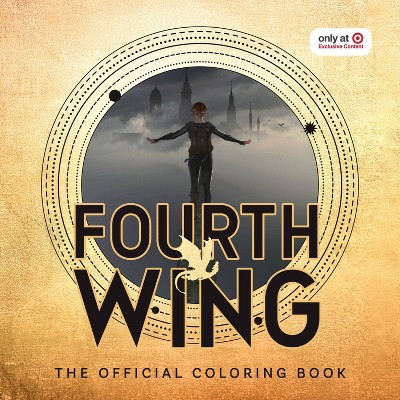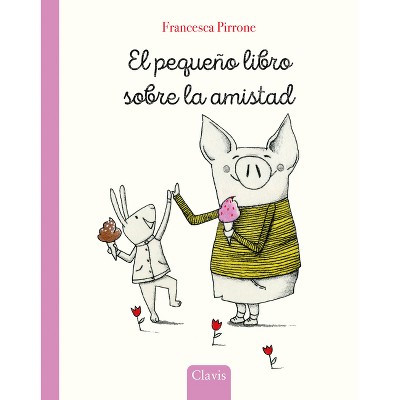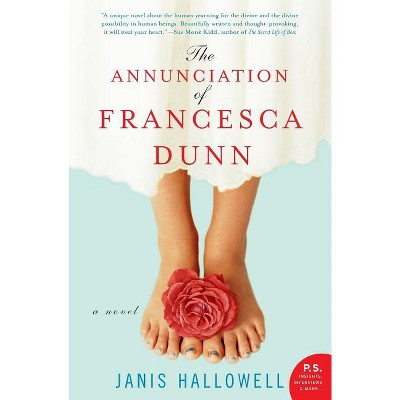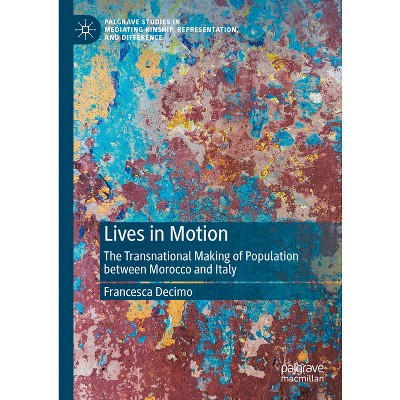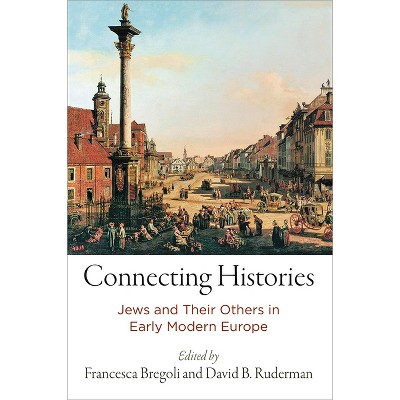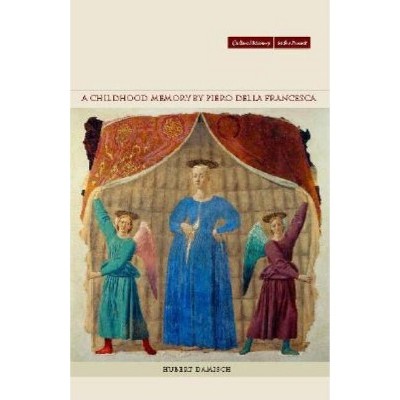Good Medicine Stories - by Francesca Mussi (Hardcover)

About this item
Highlights
- Ebook available to libraries exclusively as part of the JSTOR Path to Open initiative.Addressing the history, impacts, and legacies of the Indian Residential School system, the Canadian Truth and Reconciliation Commission is one of the few commissions to have been established in a long-standing Western liberal-democratic reality such as Canada's.
- Author(s): Francesca Mussi
- 248 Pages
- Literary Criticism, Native American
Description
Book Synopsis
Ebook available to libraries exclusively as part of the JSTOR Path to Open initiative.
Addressing the history, impacts, and legacies of the Indian Residential School system, the Canadian Truth and Reconciliation Commission is one of the few commissions to have been established in a long-standing Western liberal-democratic reality such as Canada's. It thus becomes paramount to examine the extent to which the TRC's core principles of truth-telling, restorative justice, and reconciliation engage in productive dialogue with the settler-colonialcontext of Canada and, particularly, with Indigenous philosophies and epistemologies. Good Medicine Stories does exactly that through the lens of ¬ fiction. Interweaving Indigenous, settler-colonial, trauma, and gender studies on the one hand and intersecting literary, political, historical, and cultural approaches on the other, Good Medicine Stories explores the capacities of Indigenous ¬fiction for challenging and amplifying the work carried out by the Canadian TRC. Through analysis of a unique selection of Indigenous contemporary literary texts that were produced during and after the completion of the Canadian Commission, the book shows the role of ¬ fiction in keeping the dialogue on truth, justice, and reconciliation between Indigenous and non-Indigenous peoples open and relevant to our present and our future. It also demonstrates the role of Indigenous ¬fiction in foregrounding Indigenous healing, spiritual regeneration, and resurgence.
Review Quotes
"Particular strengths of the manuscript include the thorough and original analysis of policy in relation to literature; the author's very thorough and methodical use of mainly Indigenous-authored criticism; the manuscript's respectful tone and observance of protocols; the analysis of both witnessing and truth and the author's discussion of literature as medium for imagining possible worlds." Associate Professor Heather Macfarlane, Queen's University at Kingston
"The chosen Indigenous literary corpus is relevant and examined in a thoughtful and insightful manner." Assistant professor Isabelle St-Amand, Queen's University at Kingston
Shipping details
Return details
Trending Poetry




